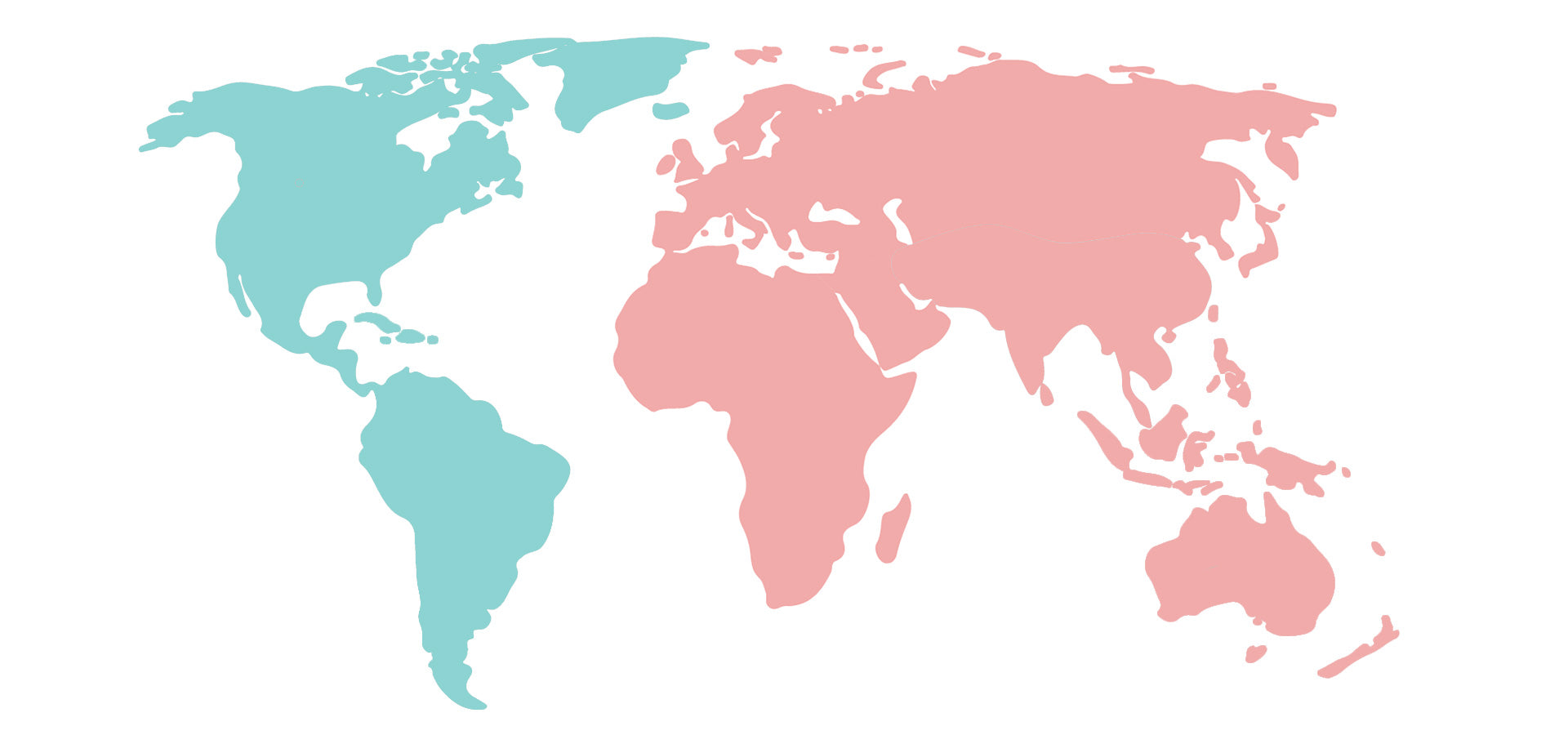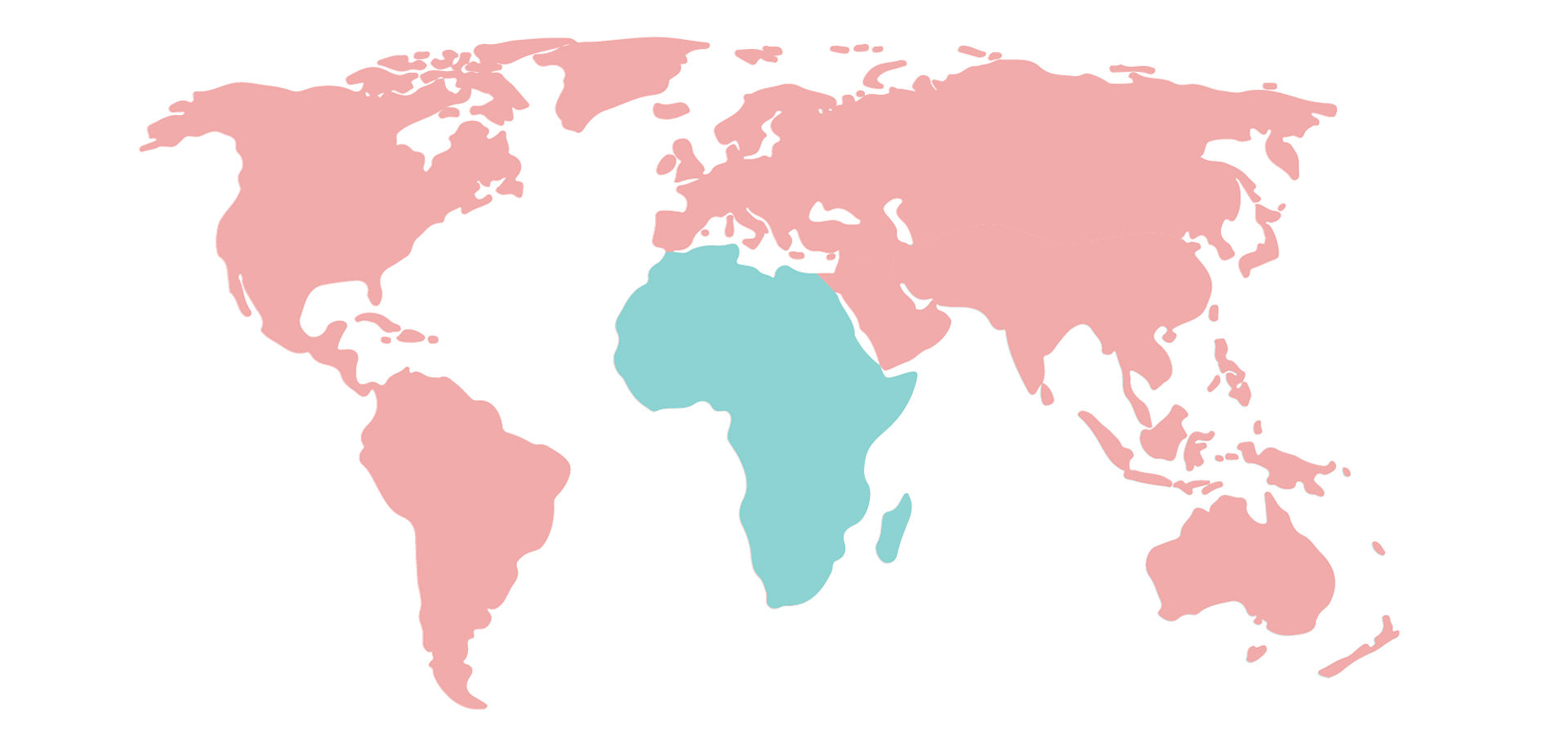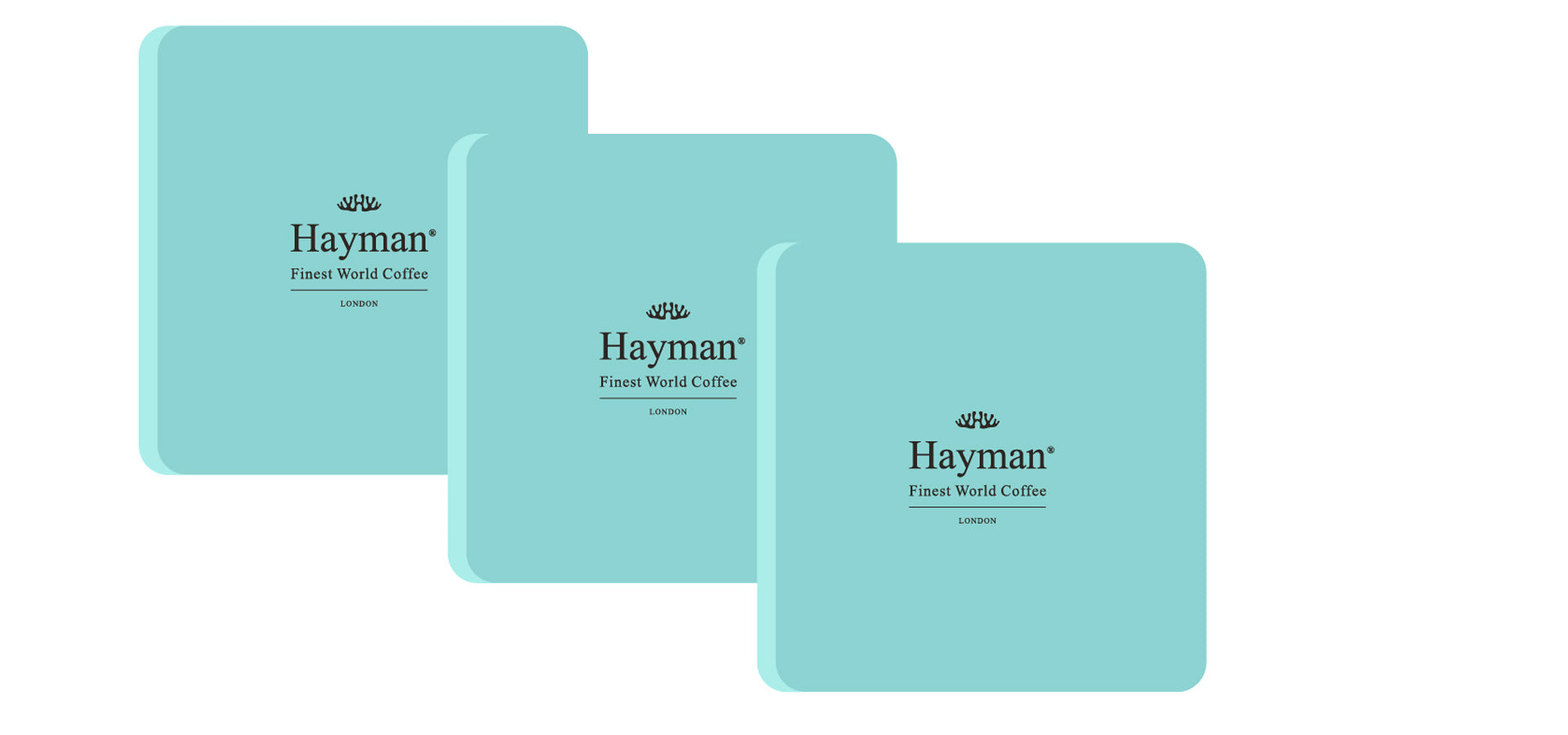What Is the Difference Between Specialty Coffee and Normal Coffee?

Coffee is one of the most consumed beverages globally, with millions of people starting their day with a cup of joe. But not all coffee is created equal. If you've ever wandered into a café or perused the aisles of a grocery store, you may have come across terms like "specialty coffee" (sometimes wrongly called “specialized coffee”) and "normal coffee." These categories define two distinct approaches to coffee production, preparation, and taste.
So, what exactly sets specialty coffee apart from normal coffee? In this article, we will explore the key differences between the two, from the growing and harvesting processes to the final cup, and help you understand why specialty coffee has earned its premium reputation.
1) What Is Specialty Coffee?
Specialty coffee refers to high-quality coffee that is grown in ideal conditions and meticulously cared for throughout every stage of its life cycle—from cultivation to brewing. The term "specialty coffee" is not just a marketing buzzword; it is a standard defined by the Specialty Coffee Association (SCA). For coffee to be considered specialty, it must score 80 points or higher on a scale of 100 based on factors like aroma, flavor, acidity, body, and aftertaste. The score is determined through a process called cupping, which is conducted by certified coffee tasters known as Q Graders.
This high score reflects not just the bean’s inherent quality but also the effort, skill, and attention to detail applied throughout its journey—from the farm to your cup.
2) What Is Normal Coffee?
In contrast, "normal coffee" typically refers to the mass-produced coffee commonly found in grocery stores, diners, and some coffee chains. It is often produced on a much larger scale, prioritizing quantity over quality. Most commercial coffee falls under the category of commodity coffee, which is traded in bulk on the global market and doesn’t adhere to the same stringent quality standards as specialty coffee.
Normal coffee beans are usually blended to create a consistent taste, often relying on beans from multiple sources. The primary goal of normal coffee is to provide a reliable, familiar taste at a lower price point. While normal coffee may serve as an everyday staple for many, it lacks the complexity and attention to detail that specialty coffee offers.
3) Growing and Farming Practices
One of the primary differences between specialty coffee and normal coffee lies in how the beans are grown and harvested.
- Specialty Coffee: Specialty coffee is usually grown in ideal conditions, such as high altitudes and fertile soils, in regions known for producing high-quality coffee beans. These regions include countries like Ethiopia, Colombia, Guatemala, and Kenya. The coffee plants are often shade-grown, which allows them to develop more slowly, resulting in beans with more complex flavors.
Farmers who produce specialty coffee typically focus on sustainable and ethical farming practices. Many specialty coffee beans are sourced through direct trade or fair trade programs, ensuring that farmers are paid fairly for their work and that the farming processes are environmentally responsible. The harvesting process is done carefully, often by hand, to ensure that only the ripest coffee cherries are picked.
- Normal Coffee: Normal coffee, on the other hand, is often grown on large, industrialized farms. While the growing conditions may not be as specific as those for specialty coffee, the emphasis is on maximizing yield rather than enhancing flavor. This often leads to the use of chemical fertilizers and pesticides to increase production and lower costs.
The beans are usually harvested mechanically, which means both ripe and unripe cherries are collected. This results in inconsistent quality and affects the overall flavor of the coffee. Additionally, normal coffee farms may not always prioritize environmental sustainability or ethical labor practices.
4) Processing Methods
The way coffee is processed after being harvested also plays a significant role in differentiating specialty coffee from normal coffee.
- Specialty Coffee: Specialty coffee producers are meticulous about how the beans are processed after harvesting. There are three main processing methods: washed (wet), natural (dry), and honey process. Each of these methods influences the flavor of the final coffee.
- In the washed process, the fruit surrounding the coffee bean is removed using water. This method tends to produce a cleaner and brighter flavor.
- The natural process involves drying the coffee cherries with the fruit still attached to the bean, leading to a fruity and more robust flavor.
- The honey process is a hybrid method where part of the fruit remains on the bean during drying, resulting in a sweeter, fuller-bodied coffee.
- In addition to the above-mentioned processing methods, there is also the anaerobic Process. This is a fermentation method that takes place in sealed tanks without the presence of oxygen, and which can be used together with the natural, washed, and honey methods.
After processing, the beans are graded and sorted based on size, quality, and defects. Only the highest-quality beans make it into the specialty coffee category.
- Normal Coffee: In contrast, normal coffee is often processed in bulk using methods that prioritize speed and efficiency over flavor preservation. This can lead to inconsistencies in the final product. In some cases, lower-quality beans with defects are mixed into the batches, which can result in a more bitter, dull taste. The processing techniques used for normal coffee do not usually highlight the unique characteristics of the beans in the same way that specialty coffee methods do.
5) Roasting Techniques
The roasting process is critical to developing the flavors of the coffee beans. It’s where the beans’ characteristics are brought to life and the aroma and taste are enhanced.
- Specialty Coffee: Specialty coffee is roasted by highly experienced roasters like Hayman, who often work in small batches. These roasters take great care in determining the optimal roast profile for each specific batch of beans. They adjust factors like time and temperature to ensure that the roast enhances the beans’ natural flavors without overpowering them. Specialty roasts tend to emphasize light and medium roasts, which preserve the nuanced flavors of the beans.
Each roast is tailored to the bean's origin, variety, and processing method, ensuring that the unique characteristics of each batch are highlighted. As a result, specialty coffee often has a wider range of flavor profiles, from bright and fruity to nutty and chocolatey.
- Normal Coffee: Normal coffee is often roasted in large batches using automated processes. The goal is to create a consistent, familiar flavor that appeals to the masses. As such, dark roasts are commonly used for normal coffee, as they produce a more uniform taste and can mask some of the lower-quality beans' deficiencies. The darker roast results in a more robust and sometimes bitter flavor, but it can also reduce the complexity and subtlety that lighter roasts offer.
6) Taste and Quality
Taste is perhaps the most noticeable difference between specialty coffee and normal coffee.
- Specialty Coffee: Specialty coffee is celebrated for its complexity and variety of flavors. Because the beans are carefully grown, processed, and roasted, specialty coffee often has distinct flavor notes that range from floral and fruity to earthy and chocolatey. Each cup of specialty coffee offers a unique experience, and you can often detect specific tasting notes based on the origin, roast level, and processing method.
Specialty coffee is also typically fresher, as it is roasted to order and delivered shortly after roasting. Freshness plays a significant role in how the coffee tastes. A cup of specialty coffee brewed from freshly roasted beans is often vibrant, aromatic, and full of nuanced flavors.
- Normal Coffee: Normal coffee, while perfectly enjoyable for many, tends to have a more one-dimensional flavor profile. Due to the large-scale production, the blend of beans, and the darker roasts, normal coffee often tastes bitter, smoky, or slightly burnt. While it can still be flavorful, it generally lacks the complexity and depth found in specialty coffee. Normal coffee also tends to sit on store shelves for longer, meaning it may not be as fresh as specialty coffee.
7) Price and Availability
There’s no denying that specialty coffee comes at a premium price compared to normal coffee.
- Specialty Coffee: Specialty coffee is more expensive due to the quality control, labor-intensive processes, ethical sourcing, and smaller-scale production. However, many coffee enthusiasts argue that the elevated taste, ethical practices, and overall experience justify the higher price. Specialty coffee is often purchased from boutique roasters, online specialty stores, or high-end cafés, making it less accessible in mainstream supermarkets.
- Normal Coffee: Normal coffee is much more affordable and widely available. You can find it in virtually every supermarket, convenience store, and chain café. Its lower price point is a result of its mass production and lower-quality beans, making it an attractive option for consumers looking for convenience and affordability.
Conclusion
While both specialty coffee and normal coffee serve their respective purposes, the difference between the two lies in the quality, care, and experience. Specialty coffee (often erroneously called “specialized coffee”) is a celebration of craftsmanship, offering a sensory journey that reflects the dedication and precision applied at every step of its production. It highlights unique flavors, ethical sourcing, and a passion for coffee excellence.
Normal coffee, on the other hand, provides a more accessible and affordable option for everyday consumption but may lack the depth, freshness, and variety that specialty coffee offers.
Ultimately, whether you prefer the complexity of specialty coffee or the convenience of normal coffee, understanding the differences allows you to appreciate each type for what it brings to the table. If you’re passionate about coffee and enjoy exploring new flavors, specialty coffee might be worth the extra effort and cost. If you're looking for a consistent, budget-friendly option, normal coffee will satisfy your caffeine needs just fine.
Hayman is a specialty coffee roaster and a member of the Specialty Coffee Association since 2015. At Hayman’s online coffee store, you will find a great variety of specialty coffees. All of these rare coffee treasures are available as whole bean, ground coffee, and as coffee pods/capsules compatible most single-serve machines – click here to buy now, we are offering free worldwide shipping on all orders!










